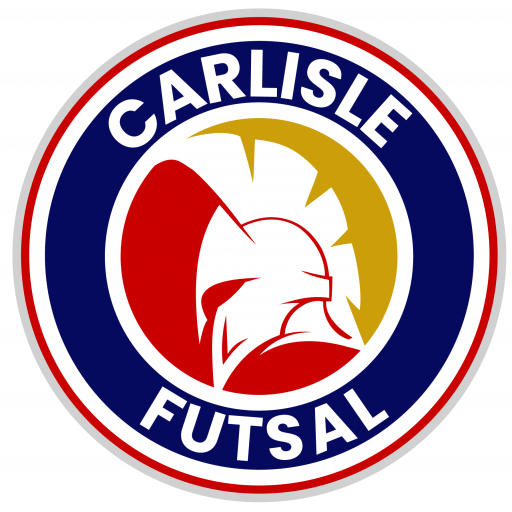If technical ability is the foundation of sporting success then good decision making has to be the bricks and mortar. At the younger age groups in our academy we focus on creating that technical foundation, its true that without this good decision making doesn’t matter much. A player needs to be able to execute the skills they are choosing to use after all!
Now though we are moving into a new phase of education for our u12s group, and that has prompted this article. The players will begin to focus on understanding the tactical and strategic side of the game. This will eventually allow them to begin to make good decisions on court and become great Futsal players.
 In all sports the choices made in response to environment and competition can make a vital difference to the result. Players often believe they rely on gut feel or intuition when it comes to decision making but these feelings are really as a result of a cognitive process. Correct decision making is a skill that can be improved through practice. Constant repetition over the years of the same decision and experience, learning from positive and negative outcomes creates something called ‘pattern recall’. These experiences are taken with us into competition and heavily influence those split second decision that we need to make on court. These decision are the difference between a win and a loss for the team.
In all sports the choices made in response to environment and competition can make a vital difference to the result. Players often believe they rely on gut feel or intuition when it comes to decision making but these feelings are really as a result of a cognitive process. Correct decision making is a skill that can be improved through practice. Constant repetition over the years of the same decision and experience, learning from positive and negative outcomes creates something called ‘pattern recall’. These experiences are taken with us into competition and heavily influence those split second decision that we need to make on court. These decision are the difference between a win and a loss for the team.
Heres how we coach our players to become better decision makers
1. Encourage innovation and new ideas in our sessions. Guide towards the correct solution but let our players make mistakes. Here is a link to our decision making chart for Futsal players. which we use to guide the process.
2. We allow players to develop their own practices based on a problem to solve.
3. Never use cones in play, always use players as opponents. This increases the range of decisions to be made. (Remember though cones and markers are ok for technical practices particularly at younger age groups)
4. We encourage positive feedback amongst our players. Question actions and decisions always.
5. Repeat exposure to playing scenarios. Constant re-enforcement of playing scenarios improves intuitive decision making
7. We avoid too much structure with younger players and encourage them through 1v1s and overload plays to improve pattern recall and recognition in later stages of development. We aim to create pattern recall which is when a player accesses information stored in memory in a split second and can recall the most successful action.

